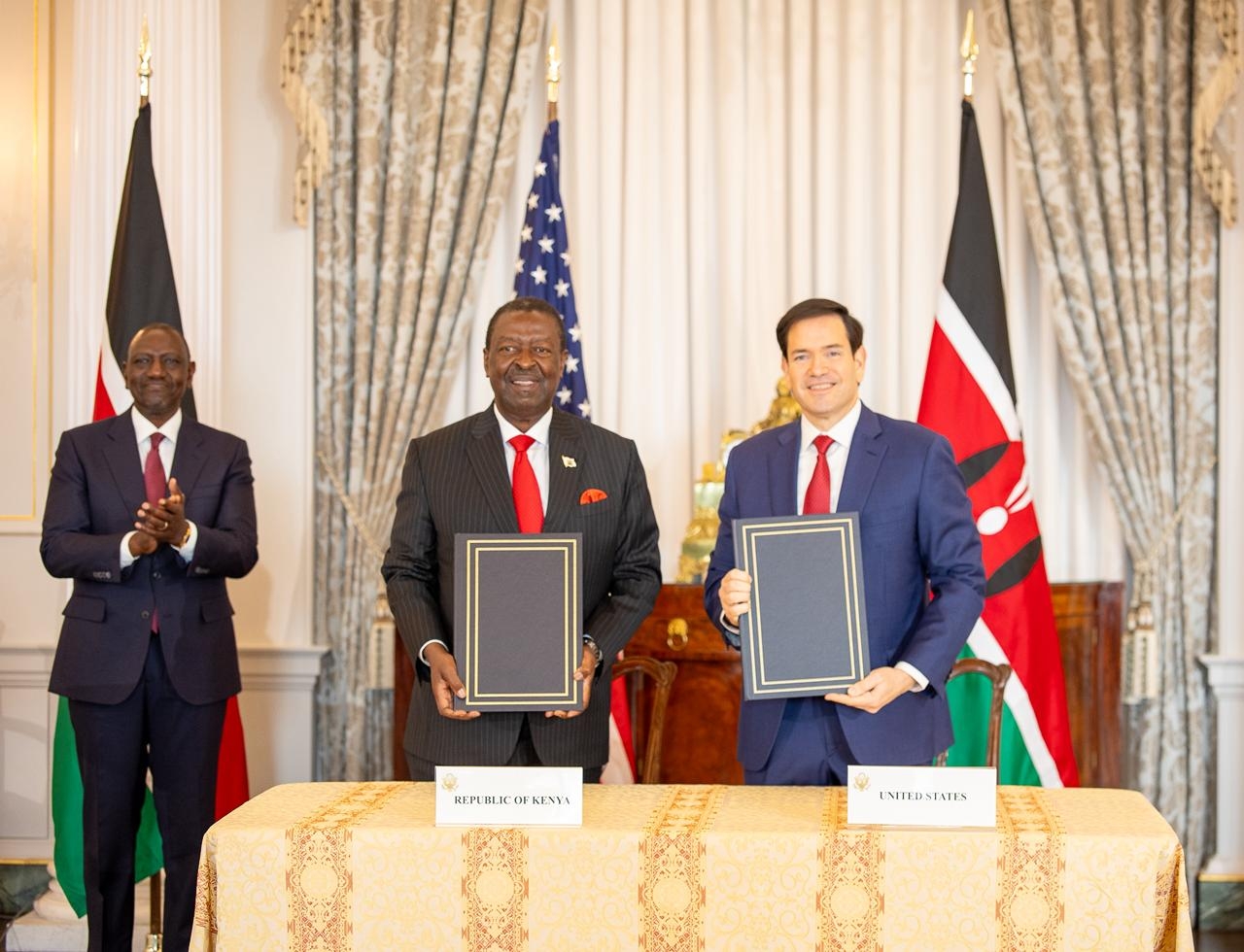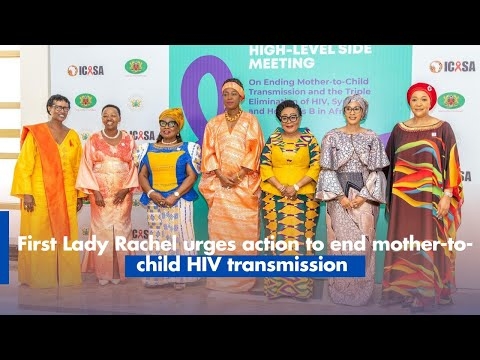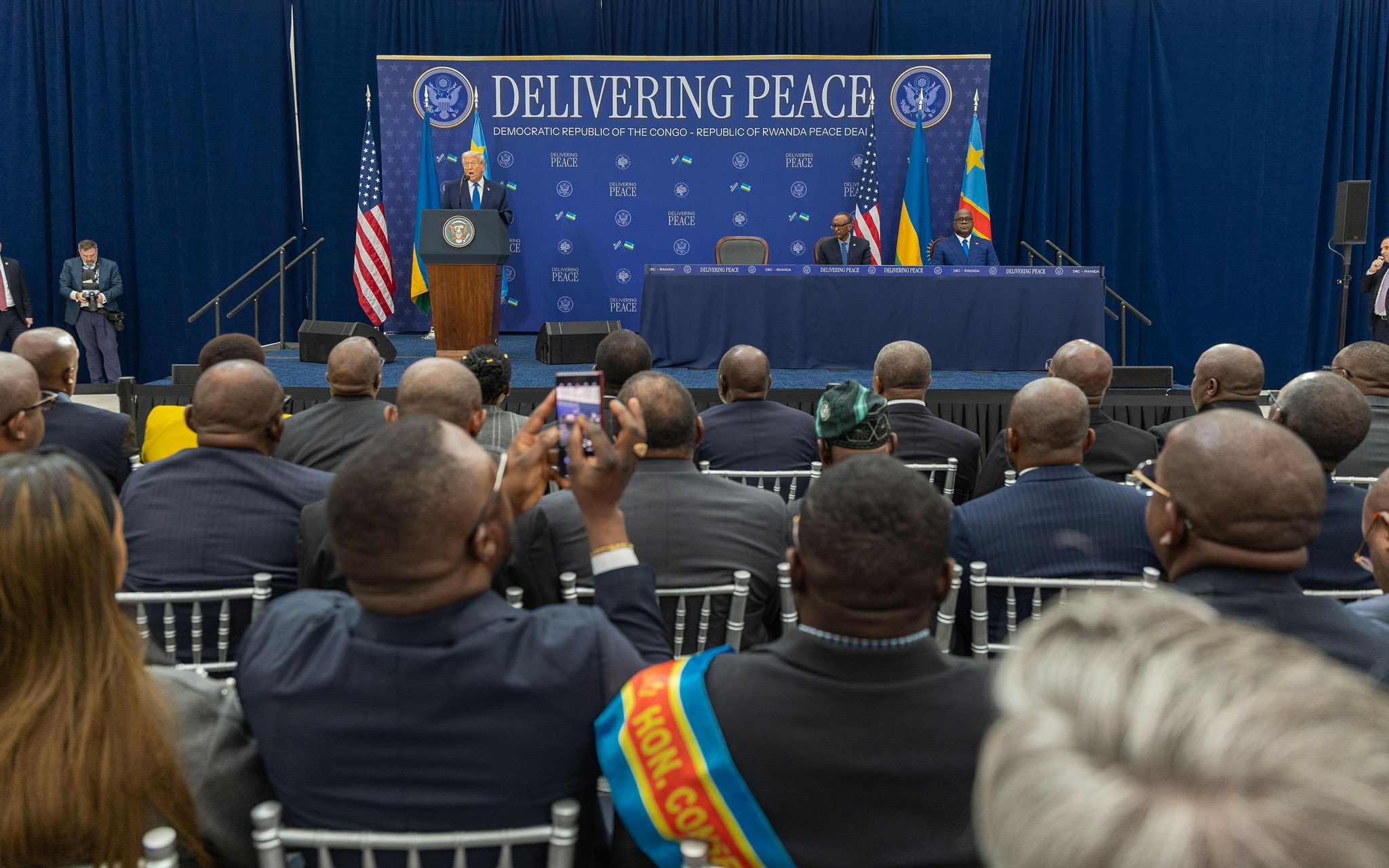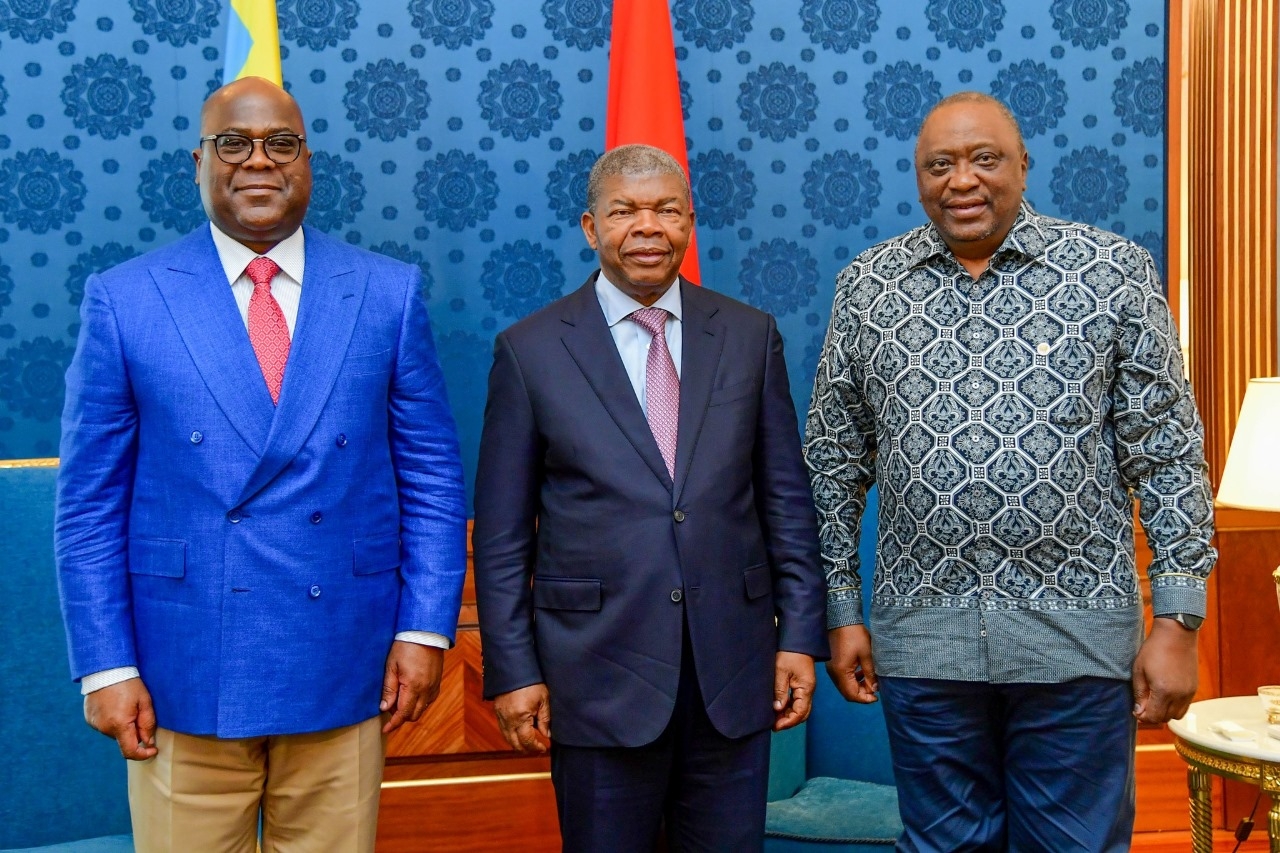Nakuru county will be hosting the annual conference on alternative justice systems this year. The conference, which is now in its third edition, will be held from June 4 to June 7, at Kabarak University.
This is the first time the conference is being held outside Nairobi. It is a way of appreciating the great strides that counties have taken in the implementation of Article 159-2-C of the constitution – the article that institutes AJS, as well as the implementation of the AJS policy.
It is imperative to note that Nakuru has been implementing the court-annexed AJS model, in a strict sense, for the last three years. It has recorded great successes with over 100 cases having been recorded at its AJS registry and over 50 per cent of these having been resolved, at times even within an hour or so.
This year the conference theme is 'Accelerating people-centred justice in Kenya: Engaging, Exchanging, and Re-tooling Alternative Justice Systems'. At least 500 delegates are expected to take part in the conference, which will be graced by Chief Justice Martha Koome and Nakuru Governor Susan Kihika.
Now, one of the key questions that the conference is expected to address is that of gender justice. It is a question that keeps coming up every time AJS mechanisms are mentioned, especially among people who are yet to interact with the AJS legal framework as envisioned in modern-day Kenya.
That question is: to what extent do AJS mechanisms offer a balanced power platform among different justice seekers ensuring that there is equity in decisions arrived at during AJS deliberations and actions thereafter? Or even how do modern-day AJS spaces in Kenya respect minority rights?
I will respond to this by giving three perspectives, albeit not in the style of the popular mambo ni matatu (there exist three cardinal issues) pronouncement associated with President William Ruto.
The first concerns the deconstruction of the title and position of an Elder. In the past, an AJS panellist was an elder in the real sense of the word: an old person with grey hair if not a fair lineage.
However, today, elderhood is a position of status. What I usually refer to as Uthamaki. Such a status goes beyond the confines of manhood and age as was seen in the past. Today, therefore, AJS panels are being encouraged to – and indeed they are – incorporate women, youth and other minorities in their sittings.
I could give a case study. Late last year, a fairly elderly couple was referred to the Nakuru AJS team by a Nakuru Law Court. They had been told to seek the help of ‘Wazee’ (Elders) in solving a case on matrimonial property sharing.
A gender-inclusive panel was constituted and it happened to be the Chair of the day. At the ‘opening statements stage’ the man looked at us with concern, sternly I must say, and asked “Where are the elders we were sent to?” By face value, most of those sitting in the panel that day were his children if not grandchildren.
We were all caught off guard but not surprised. We calmly responded thus: “Sisi ndio tuko” (We are the elders) and requested him, with humility personified, he could just allow us to have the discussion and see if he would like it.
He agreed and at the end of that session, which took about an hour, he exclaimed with satisfaction “Kweli nyinyi ni wazee” (for sure you are Elders). Their estate was worth over Sh1 billion. The dispute was settled in three sittings.
By deconstructing the elder status, modern-day AJS practices have opened up the space to a larger pool of actors that bring on board inclusive and gender-sensitive perspectives.
The second perspective is about the overall spirit of the AJS policy, which is about the preservation of human dignity. Any practice that is inconsistent with the constitution, written law and any other key human rights guidelines is being abhorred.
“Traditional dispute resolution mechanisms shall not be used in a way that – contravenes the Bill of Rights; is repugnant to justice and morality or results in outcomes that are repugnant to justice or morality; or is inconsistent with this Constitution or any written law,” so states Article 159-3 of the Constitution.
Some of those inconsistencies are gender related, the more the reason AJS spaces have been discouraged from handling sexual and gender-based violence cases as well as human rights violations cases against children.
The third perspective is in the manner in which AJS practices are accommodating change. One of the imperatives of AJS is bringing alive our cultures that would otherwise be ossified – crystalised and be brought to a standstill. Modern-day AJS has been celebrating our cultures by being part of the national, regional and global human rights agenda of inclusivity and gender responsiveness.
Well, this is not to say there are no challenges, or that we are already in the promised land. No! It is just an appreciation that with more engagement with different AJS mechanisms we shall have better deliverables.
See you at Kabarak University.
Journalist and journalism trainer at Egerton University and a member of the Nakuru AJS Working Group. [email protected])













